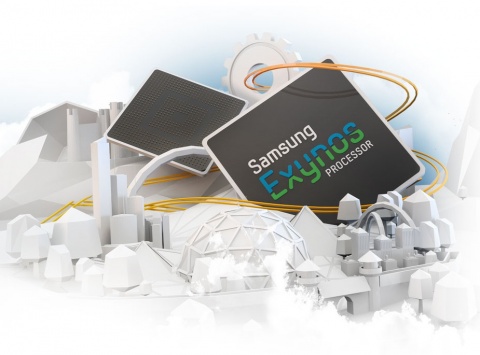Samsung Exynos Exploit Discovered on Many Galaxy Devices
It appears that a major exploit in Samsung’s implementation of Android for smartphones and tablets using Samsung’s Exynos chipset has been found by a developer at XDA. A user on the XDA Developers site called Alephzain found the exploit, which gives developers, and potentially malware writers, access to RAM in devices powered by Samsung Exynos 4412 or 4210 processors. The access means that user data is easily accessible to developers for white hat purposes but also that it would be easy to brick or wipe the device. This also means that pretty much any app that takes advantage of the exploit can gain root access without permissions on one of the affected devices. This means that Samsung Galaxy S2, Samsung Galaxy Note 2, Samsung Galaxy Note 10.1 and Samsung Galaxy Tab Plus owners have devices that have a serious flaw that needs to be fixed by Samsung ASAP! Although the Google Nexus 10 uses the Exynos platform, it has been confirmed as not being affected, as it uses the Exynos 5250.

These devices use the Exynos 4210 or 4412 system on chip and include:
- Samsung Galaxy S2 GT-I9100
- Samsung Galaxy S3 GT-I9300
- Samsung Galaxy S3 LTE GT-I9305
- Samsung Galaxy Note GT-N7000
- Samsung Galaxy Note 2 GT-N7100
- Verizon-based Samsung Galaxy Note 2 SCH-I605
- Samsung Galaxy Tab Plus GT-P6210
- Samsung Galaxy Note 10.1 GT-N8000
- Samsung Galaxy Note 10.1 GT-N8010
- Samsung Galaxy Note 10.1 GT-N8020
Stating that “The security hole is in kernel, exactly with the device /dev/exynos-mem,” and calling the security flaw “a huge mistake,” alephzain goes on to describe their findings:
“The good news is we can easily obtain root on these devices and the bad is there is no control over it.
Ram dump, kernel code injection and others could be possible via app installation from Play Store. It certainly exists many ways to do that but Samsung give an easy way to exploit. This security hole is dangerous and expose phone to malicious apps.
Exploitation with native C and JNI could be easily feasible.”

Comments are closed.